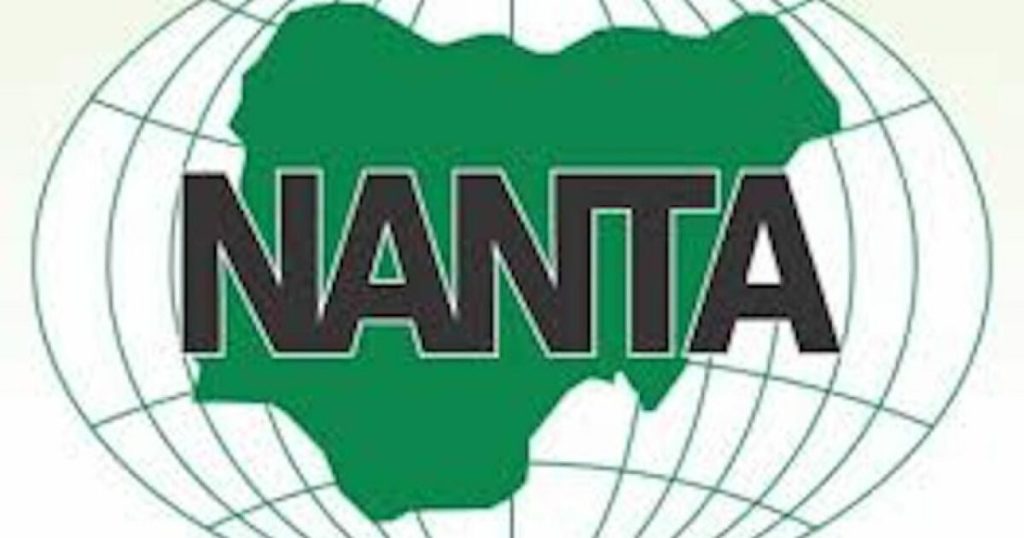The Nigerian travel and tourism industry is grappling with a significant challenge posed by cross-border ticket sales, sparking internal discord and raising concerns about the future of local travel agencies. The crux of the issue lies in the activities of international travel agencies, often registered with the International Air Transport Association (IATA) and operating branches in multiple countries. These agents are leveraging lower ticket prices available in other markets to sell tickets to Nigerian passengers, effectively bypassing Nigerian travel agents and diverting revenue away from the local economy. This practice is creating an environment of unfair competition, leaving Nigerian travel agents struggling to maintain their market share and profitability.
The National Association of Nigerian Travel Agencies (NANTA), the umbrella body representing local travel agents, has voiced growing frustration over this escalating situation. NANTA members argue that these cross-border sales not only undermine their businesses but also negatively impact the Nigerian economy by redirecting revenue streams outwards. Furthermore, they express concern that this practice could lead to a diminished perception of the Nigerian market by international airlines, potentially resulting in reduced staffing and investment within the country. The fear is that if the Nigerian market appears less profitable due to lower ticket sales through local channels, airlines might downsize their operations in Nigeria, leading to job losses.
The disparity in ticket prices between Nigeria and other countries fuels this contentious issue. Outbound ticket prices originating in Nigeria are often significantly higher, a discrepancy that remains largely unexplained by airlines. This price difference creates an incentive for Nigerian travelers to seek cheaper tickets through international agents, exacerbating the challenges faced by local agents. The situation has created a rift within NANTA, with differing opinions on who bears the primary responsibility for this predicament. Some members point fingers at the international agents engaged in cross-border sales, labeling their actions as detrimental to the Nigerian travel industry. Others, however, argue that the root of the problem lies with the airlines themselves, questioning their pricing strategies and the lack of a “home advantage” for Nigerian travelers.
The debate also extends to the role of the Nigerian government and its aviation regulatory bodies. Some NANTA members believe the government should be held accountable for not addressing the high ticket prices and the resulting rise in cross-border sales. They question the silence of the Minister of Aviation and the Nigerian Civil Aviation Authority (NCAA) on this matter, raising suspicions of potential complicity or disregard for the negative impact on the local travel industry. This internal division within NANTA underscores the complexity of the problem and the difficulty in identifying a single responsible party.
The 49th Annual General Meeting of NANTA in Lagos brought this simmering conflict to the forefront. NANTA President Yinka Folami took a strong stance against cross-border ticket sales, declaring them “criminal and sinful.” He highlighted the significant market share lost to foreign operators, estimated at 40%, and announced that five international travel agencies operating across Africa are under investigation for their alleged involvement in these practices. Folami’s forceful condemnation of cross-border sales signals NANTA’s determination to combat this perceived threat to its members’ livelihoods. However, this stance has not been universally embraced within the organization.
A dissenting voice within NANTA argues that the focus on international agents is misplaced. This perspective suggests that instead of targeting fellow travel professionals, efforts should be directed towards questioning the airlines about their pricing policies and engaging the Nigerian government to address regulatory issues contributing to the high fares. Highlighting practical realities, this opposing viewpoint argues that blaming international agents who are merely capitalizing on market discrepancies is unproductive. Furthermore, it advocates for collaboration with these larger, multinational agencies, suggesting that such partnerships could benefit Nigerian travel agents rather than engaging in adversarial tactics. This internal disagreement within NANTA underscores the complex nature of the issue and the need for a more nuanced approach to finding solutions.


